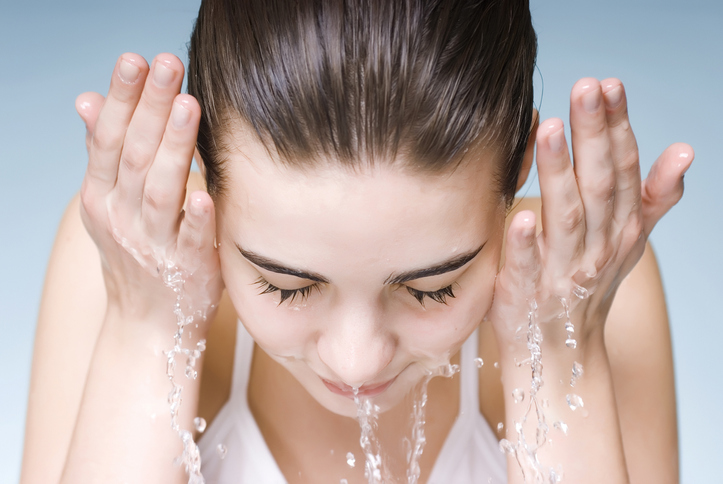How Does My Face Wash Routine Affect My Acne?
Acne is the most common skin condition in the U.S., and although it affect many teenagers, adults can also suffer from breakouts. Your face-washing routine can either improve or irritate your acne, so it’s important to know which products to use as well as what to do and what to avoid.
What is acne?
Acne is a disorder that causes pimples, blackheads, whiteheads and pus-filled lumps under the skin (papules). This happens when your hair follicles become clogged with oil, dead skin cells, and bacteria. The bacteria cause swelling, and when the plug starts to break down, pimples and other acne symptoms can appear.
What causes acne?
Acne is caused by excess oil production, clogged hair follicles, and bacteria, but it’s not always completely clear what causes this process to occur.
The following are some risk factors that can trigger or aggravate acne:
- Hormones – Hormonal changes are a big reason why acne is most common in teenagers, but women also experience many hormonal changes throughout their lives.
- Family history – Your risk for many medical conditions can increase if your parents have them, and this includes acne.
- Friction or pressure – Repeatedly holding a cellphone so that is touches your chin can cause acne there, for example.
- Stress – Stress can make existing acne worse.
- Certain medications – Some medications, such as corticosteroids or lithium, can cause acne.
- Diet – Skim milk, chocolate, and foods with a high carbohydrate content (such as bread or chips) can make acne worse.
How often should I wash my face?
You should generally wash your face twice a day, morning and night. This will help remove excess oil, makeup, and dirt, but not be frequent enough to irritate your skin.
If you’re very sweaty during the day, you may need to wash your face a third time.
How does my face-washing routine affect acne?
A good face-washing routine is an important step in your acne-fighting routine. It should consist of the following:
- Choosing a good cleanser – Pick one for your skin type – normal, oily, dry, or sensitive.
- Washing correctly – Your twice-a-day routine should cleanse your face but be gentle enough to not leave your skin looking dry, red, irritated, and flaky. Wash gently instead of scrubbing, since being too rough can aggravate acne and irritate your skin.
- Using the right water temperature – Don’t use hot water, since this can strip away too much of your skin’s natural, protective oils.
- Blotting dry rather than rubbing – Blot your face dry with a towel rather than rubbing it. Rubbing can strip more of your skin’s natural oils and leave it looking and feeling irritated.
- Limiting exfoliation – Exfoliates can help clear blemishes, but they should only be used twice a week if you have oily skin and once a week if you have dry skin.
What are some treatments for acne?
Acne treatment products can help clear breakouts. If your acne is mild, you may be able to have success using over-the-counter treatments with salicylic acid or benzoyl peroxide for a few weeks to see if they’re effective.
For more severe acne, a prescription medication from your dermatologist can yield better results.
If you have acne, make an appointment today with Skin Center of South Miami. Our state-of-the-art dermatology center has top skin care doctors who can provide care for many skin care needs, including dermatology.
